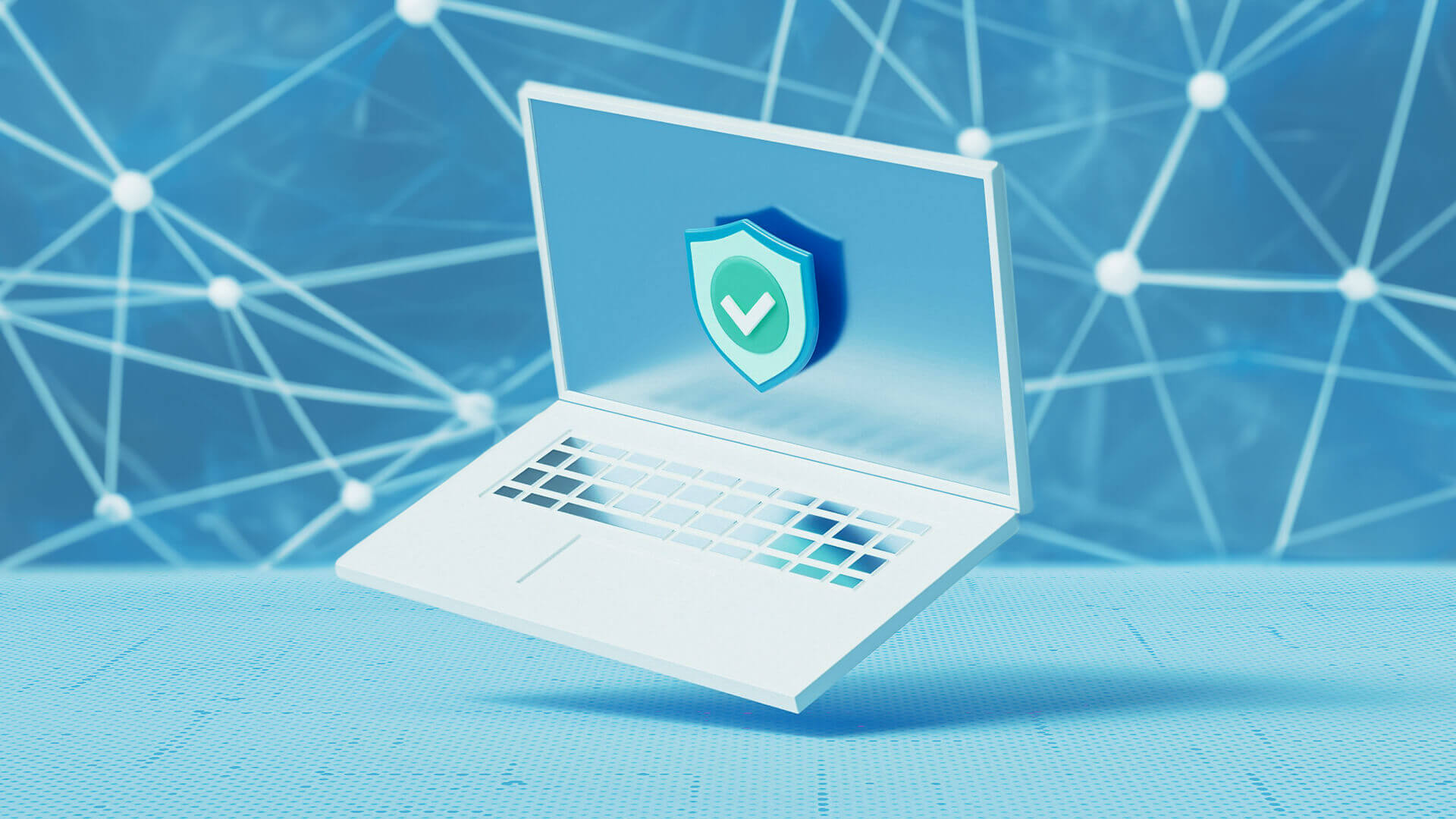Privacy
Hey there, privacy-conscious reader! Let’s talk about VPNs and how they can keep your data safe from prying eyes.
25 Jun 2024
•
,
6 min. read

Are you working remotely and concerned about your online privacy? Virtual private networks (VPNs) are your best friend. But not all VPNs are created equal. Let’s dive into what you need to know before choosing the right one.
Why should you consider using a VPN in the first place?
VPNs create a secure connection between your device and the internet, keeping your online activities private. By masking your IP address and encrypting your traffic, VPNs help you browse the web without worrying about prying eyes. They are especially handy when using public Wi-Fi networks.
Here’s a quick guide on how to use a VPN:
- Open the VPN client app
- Select a VPN server
- Click “connect”
- Disconnect when you’re done
If you prefer using VPNs directly in your browser, make sure to keep it updated for maximum security.
Now, let’s explore the advantages and disadvantages of VPNs:
- Enhanced privacy: VPNs protect your identity and location, shielding you from trackers and ISPs.
- Secure public Wi-Fi: Keep your connection safe from hackers on public networks.
- Secure remote access: Safely connect to corporate networks while on-the-go.
- Secure file sharing: Share sensitive files securely with a VPN’s encrypted tunnel.
- Secure payments: Protect your online transactions with VPN encryption.
- Enhanced protection: Some VPNs offer additional security features like ad blockers.
But be aware of the potential downsides, such as reduced speeds and limited server choices with certain VPN providers.
When choosing a VPN, look for:
- Strong encryption: Opt for a VPN with AES-256 encryption.
- Paid vs free: Consider paid services for better reliability and speed.
- More than a VPN: Choose a provider that offers additional cybersecurity features.
- Servers and locations: Look for a VPN with multiple servers and countries for flexibility.
- Technologies: Check for support for secure protocols like OpenVPN.
- Technical support: Ensure the VPN provider offers reliable customer support.
- Covert logging: Select a VPN with a strict “no logs” policy for maximum privacy.
VPNs are essential for protecting your online presence. Take your time to research and choose a VPN that fits your needs. Trusted cybersecurity vendors are a great place to start your search.




